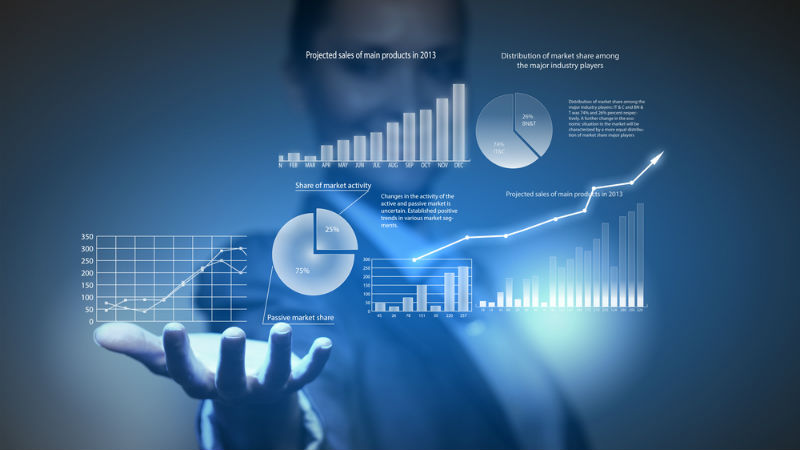Revolution of data Science and business analytics masters has changed the world with its substantial impact. It is a study of data or information, what it represents, from where it is obtained and how to transform it into a valuable method when formulating business and IT policy. It is considered as a biggest asset by every organization in today’s competitive world.
It is one of the fields that find applications across various business, including communication, finance, manufacturing, healthcare, retail etc.
The healthcare industries have benefited from Data Science as it creates a down-to-earth treatment issues, diagnostic, patient monitoring such as clinic administrative expenses and a general cost for health care. It has been a powerful weapon for fighting diabetes, various heart disease and cancer.
- The data science provides a huge opportunity for the financial firm to reinvent the business. In finance, the application of data science is Automating Risk Management, Predictive Analytics, Managing customer data, Fraud detection, Real time Analytics, Algorithmic trading, Consumer Analytics.
- In the manufacturing sector, itcan be used in a lot of ways since the companies are in need to find the latest solutions and use cases for this data. It has also been beneficial to the manufacturing companies as it speeds up execution and generates large scale process.
- The domain of retail has developed rapidly. It helps the retailer to manage data and create a psychological picture of the customer to learn their sore points. Therefore, this trick used by the retailer tends to influence the customer easily.
Types of Jobs Offered in Data Science.
The demand of individuals with good skills in this field is high and will continue to increase. Data Science professionals are hired by the biggest names in the business that are inclined to pay massive salary to the skilled professionals. The types of jobs include:
- Data Scientist: A data scientist is someone who deciphers huge amounts of data and extracts meaning to help an organization or company to improve its operations. They use various tools, methodologies, statistics, techniques, algorithms and so on to further analyze data.
- Business Intelligent Analyst: In order to check the current status of a company or where it stands, a Business Analyst uses data and looks for patterns, business trends, relationships and comes up with a visualization and report.
- Data Engineer: A data engineer also works with large volume of data cleans, extracts and creates sophisticated algorithms for data business.
- Data Architect: Data Architect works with system designers, users and developers to maintain and protect data sources.
- Machine Learning Engineer: A machine learning engineer works with various algorithms related to machine learning like clustering, decision trees, classification, random forest and so on.
What are the requirements to be a Data Science professional?

In the IT industry, the educational requirements of data science are precipitous. Data Scientist position demand for advanced degrees like Master’s degree, PhD or MBA. Some companies will accept a four-year bachelor’s degree in Computer Science, Engineering and Hard Science, Management Information System, Math & Statistics, Economics. Data Science resources are also available online and some educational providers also offer online training of the course. These training concentrate on the technologies and skills required to be a data scientist like Machine learning, SAS, Tableau, Python, R and many more.
Machine Learning vs Data Science
Machine Learning is a practice of studying algorithms and statistics and training the computer to perform a specific task for the recognition of specific data. When a set of data is given as input by applying certain algorithms, the machine gives us the desired output.
Master’s in Data Analytics
Earning an MS in Data Analytics is a good option for professionals with a STEM background who are interested in learning how to gather, organize and analyze data in or outside of a business context. These students will learn to be systems architects who prepare data for advanced analytics, and they will focus on gaining mastery with the tools and techniques used for data governance and analysis.
Courses included in a master’s in data analytics program will give students hands-on experience with analysis techniques such as multiple regression and logistic regression, teaching them how to find critical patterns within datasets. The MS in Data Analytics also provides students with the skills needed to extract meaning from raw data, develop analytic dashboards for non-technical users as well as build charts and other visually appealing presentations to thoroughly explain their findings.
A data analytics graduate program typically focuses on mathematical and programming skills and tools; this provides students with the knowledge they need to transform their organization’s data into a usable asset.


